VOLUME 94
OF THE YALE SERIES
OF YOUNGER POETS
ULTIMA THULE
DAVIS McCOMBS WITH A FOREWORD BY W. S. MERWIN

Published with assistance from a grant to honor James Merrill. Copyright 2000 by Yale University.
All rights reserved. This book may not be reproduced, in whole or in part, including illustrations, in any form (beyond that copying permitted by Sections 107 and 108 of the U.S. Copyright Law and except by reviewers for the public press), without written permission from the publishers.
Designed by Mary Valencia
Set in Cochin and Futura type by
The Composing Room of Michigan, Inc.
Printed in the United States of America by Thomson-Shore,
Dexter, Michigan. Library of Congress Cataloging-in-Publication Data McCombs, Davis, 1969
Ultima thule / Davis McCombs; with a foreword by W. S.
Merwin. p. cm. 94) ISBN 0-300-08316-5 (alk. paper)ISBN 0-300-08317-3
(paper: alk. paper)
1. paper)
1.
Mammoth Cave (Ky.)Poetry. 2. CavesKentucky
Poetry. I. Title. II.
Series.
PS3563.C34348 U48 2000
811.54dc21
99-052548 A catalogue record for this book is available from the British Library. The paper in this book meets the guidelines for permanence and durability of the Committee on Production Guidelines for Book Longevity of the Council on Library Resources. 10 9 8 7 6 5 4 3 2 1 FOR
MY PARENTS
GEORGE AND JANICE McCOMBS AND
FOR
CAROLYN
CONTENTS
FOREWORD
In the past few years a number of gifted young poets have presented collections of poems related to some single theme or subject or image. This is not without precedent: it is easy to think of forerunners, from the Greek pastoral poets, to Petrarch, to the Spoon River Anthology. Why there should be this recurrence now is something we can only guess at. It may have to do with an urge for a different scope from that of short poems standing by themselves; for the broad canvas of narrative, without linear continuity.
One thing that happens when poems cluster in this way around some common formation or feeling or circumstance is that the recurring subject, poem by poem, becomes a primal metaphor which in turn informs each of the separate poems to some degree, and the poems come to pick up reflections of each other. The ruling image of Davis McCombss Ultima Thule is the cave. Before turning to Freud or Plato, and their lights on the subject, it is well to know that McCombs has a very specific cave, or caves, in mindtheir topography, their history, and the history of human acquaintance with them. He lives in Kentucky and when he presented this manuscript he was working as a park ranger at Mammoth Cave National Park. The known and the unknown of that vast complex of riddled limestone, as it exists in the earth and in the minds of those who have come to it, awake and asleep and in all the tenses of language, are the setting for his poems. The more apparently defined and practical and rational the viewers approach to this setting, the more evident it is that what informs the references, all of them, is the underworld.
We know immediately that the main ground is unknowable, that what we seem to know of it is immeasurably small, fragile, and flickering. Only a little of it can even be spoken of directly. But since this unknowable bourne underlies all the surface accounts and illumination that pass over it, they themselves refer to it, even in telling of themselves. The human figure, or the human shadow, that goes ahead with a light through the passages of Ultima Thule is that of Stephen Bishop, born in 1820, a slave of Dr. John Croghan, who owned Mammoth Cave from 1839 to 1849. (The idea of owning this sunless labyrinth seems even stranger after reading McCombss book than before.) In a prefatory note McCombs describes Bishops two decades of work as a guide in the cave, during which he helped explore countless new passageways and became something of a tourist attraction himself.
So McCombs, employed as a ranger at the cave, is retracing a predecessor in Stephen Bishopa figure of the known and of the unknown. And in the first sequence of poems in the collection Bishop speaks. He does so, inevitably, in a later voice, from a later shadow. McCombss own language is quiet, understated, delicate as a hand exploring a tunnel in the dark, and it remains so whether he is writing in the voice of Bishop or in his own, with his unfinished questions, some of which may have been Bishops before him. McCombss search for Bishop, his conjuring up of Bishop, and Bishops questions, as he imagines them, come back to him like an echo of his voice in the caverns. Am I the letters or the hand that made them? his figure of Stephen Bishop asks, in the books first poem, speaking of the names forming from the soot of a candle on the cave walls, as he is learning to write.
Bishops vocabulary, in the poems, has become that of an articulate, highly literate successor, part remnant and part persona, who in speaking of the waxing of the moon can allude to everything cognate to her nature. Yet the vocabulary, in his voice, is not forced nor obtrusive, and what presents it, the author and the elusive forerunner share. The later figurethe authorexplores the questions from a different perspective in the outside world, in the books penultimate poem, Stephen Bishops Grave, where he recognizes Bishops elusiveness, the other side of his shadow, as something integral to the search itself, and ends listening without expectation, aware that a search for summary must come to accept that there is no such thing. The poem itself, even in the quiet of its tone, is as close to a summary as the book comes.
Stephen Bishops Grave
It took four summers here for me to realize the cave looped back under the Old Guide Cemetery, that what was mortal floated in a crust of brittle sandstone or leaked into the darkest rivers and was caving still. I went that drizzling night to stand where the paper-trail he left had vanished: woodsmoke, mist, a mossed-over name.
I knew enough by then to know that he, of all people, would prefer the company of rain to my own, but I went anyway, thinking of my pale inventions, and stood a long time, vigilant for his shadow in my own, his voice as it differed from the wind. In the poems in Bishops voice, McCombs gives us a language that is, necessarily, his own, and in doing it plainly and without emphasis he creates a haunting, echoing distance, a sound from some unidentifiable place. He presents a simplicity of words not of mind. There is a further echo in the poems that are set in the voice or in the footsteps of Bishop. They are the length, and they suggest the meter, of sonnets: a sonnet sequence, or an allusion to one, and the classical theme of the sonnet sequence is love, the unfinishable relation. The poems of the books second section, flaring up into moments of the history of the cave, are in a more rapid line, the pace of notation: Near Mummy Valley a flat slab propped upright and markings turtle? dancing figure? map of the cave? Twenty centuries and only one moment when burnt torch end scraped limestone...
And the moment is in the poem: ... trace of what held heat, what is mine. The history defers to one of the great admonitory shadows, Floyd (Floyd Collins), cave explorer, trapped in a nearby cave in 1925, dying in the dark, immensely famous for a while, then another monosyllabic echo, in the poems of Donald Finkel, in our time, and now in those of McCombs, who glimpses him at two moments: when Floyd enters the cave in the winter, February 1925, and then the moment that is all that was afterwardthe laying out, the exploitation, the leaching away. The books third section moves through time in the upper world of Kentucky farmland and forest, and the recurring awareness of the caverns, the night, and the invisible sky under it. It is, to the end, a book of exploration, of searching regard. W. S. S.
Next page

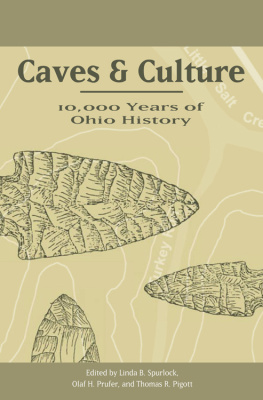
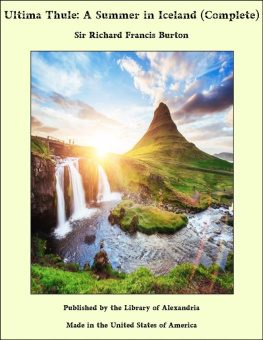
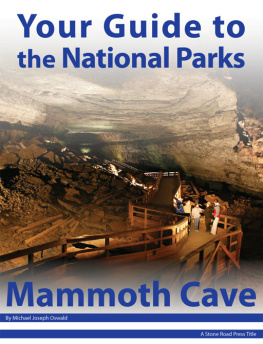
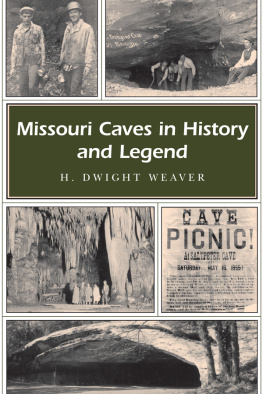
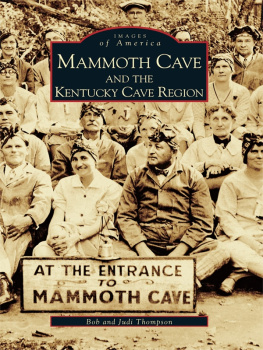


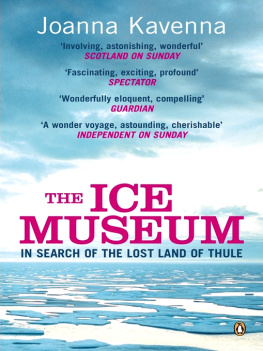
 Published with assistance from a grant to honor James Merrill. Copyright 2000 by Yale University.
Published with assistance from a grant to honor James Merrill. Copyright 2000 by Yale University.